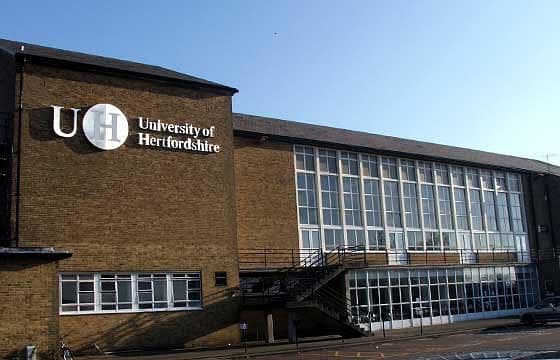BSc (Hons) Biochemistry at University of Hertfordshire
Hatfield, United Kingdom
- Tuition Fee £ 15,500
- Country Rank-
- Duration36 Months
- Score IELTS: 6 TOEFL: 72
Program Overview
The BSc (Hons) Biochemistry programme at University of Hertfordshire offers a comprehensive exploration of molecular and cellular processes, focusing on the chemistry behind biological functions and its applications in disease prevention, sample analysis, and molecular product development. Students gain hands-on experience with cutting-edge techniques like DNA sequencing and single-molecule observation, while benefiting from strong industry links to pharmaceutical, agrochemical, and food and drink sectors. The curriculum combines theoretical knowledge from practising scientists with practical skills developed in newly built laboratory spaces and specialised computer labs. Throughout the programme, students receive personalised support from lecturers and tutors, developing crucial skills in scientific writing, data interpretation, and communication.
|
Aspect |
Details |
|
Course Name(s) |
BSc (Hons) Biochemistry |
|
Course Length |
36 Months |
|
Entry Requirements |
|
|
Fees |
£15,500/Yr |
|
Intake |
|
Cost Of Studying At University of Hertfordshire
Interest rates as low as 8.9% *
250K+
Students Assisted
800Cr+
Loan Amount Disbursed
5000+
Loans Sanctioned
